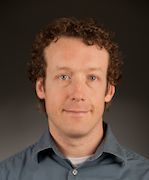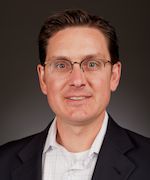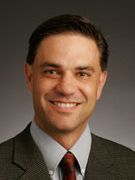
IdahoEdNews.org published an opinion piece that argued, “Comparing Spending and Academic Results is Unrealistic.” We disagree. Not only are such comparisons reasonable, they are critical to understanding how best to invest scarce education dollars to improve student outcomes. The challenge is to consider not just the number of dollars spent but how those dollars are used. Nonetheless, the piece returned light to a question we’re hearing with increasing frequency: How have increases in per student spending affected K12 outcomes?
The short answer? It’s hard to say, but despite increasing spending over the decades, student outcomes clearly fall short. As productivity rises to dizzy heights in our manufacturing and service sectors, why haven’t we seen more progress in our schools? Hypotheses vary but a leading contender points to the lack of evidence and data in school reform.

Observers from across the ideological divide have sounded the alarm. A few weeks ago, the left-leaning Center for American Progress analyzed spending and achievement across U.S. school districts and declared a K12 productivity crisis. Brookings’ Isabel Sawhill argues that absent innovation that gets more for our education [and healthcare] dollars — “the U.S. is doomed to become a second class nation.” And the right-leaning Heritage Foundation has been beating this drum for some time. Simply put, we need to focus on how dollars are spent and give policymakers the information they need to spend them better.
Historically, school reformers have tried to do too much and measured too little. The consequence has been sizable spending on approaches with limited records of effectiveness: across the board class size reductions, teacher salaries tied to masters and years of experience.

The good news is that the culture is beginning to change in Idaho and elsewhere. The evidence-base on what works is growing and new, promising innovations, like the Khan Academy, are subject to rigorous evaluation.
Comparing spending to academic results is challenging for sure. But it’s work that must be done, and this work will support the efforts of policy makers who have the reasonable expectation that education in Idaho can and should improve. We are not asking Idaho schools to do the impossible. Rather, we believe public education has to get smart about spending in a reality where the status quo does not measure up.
